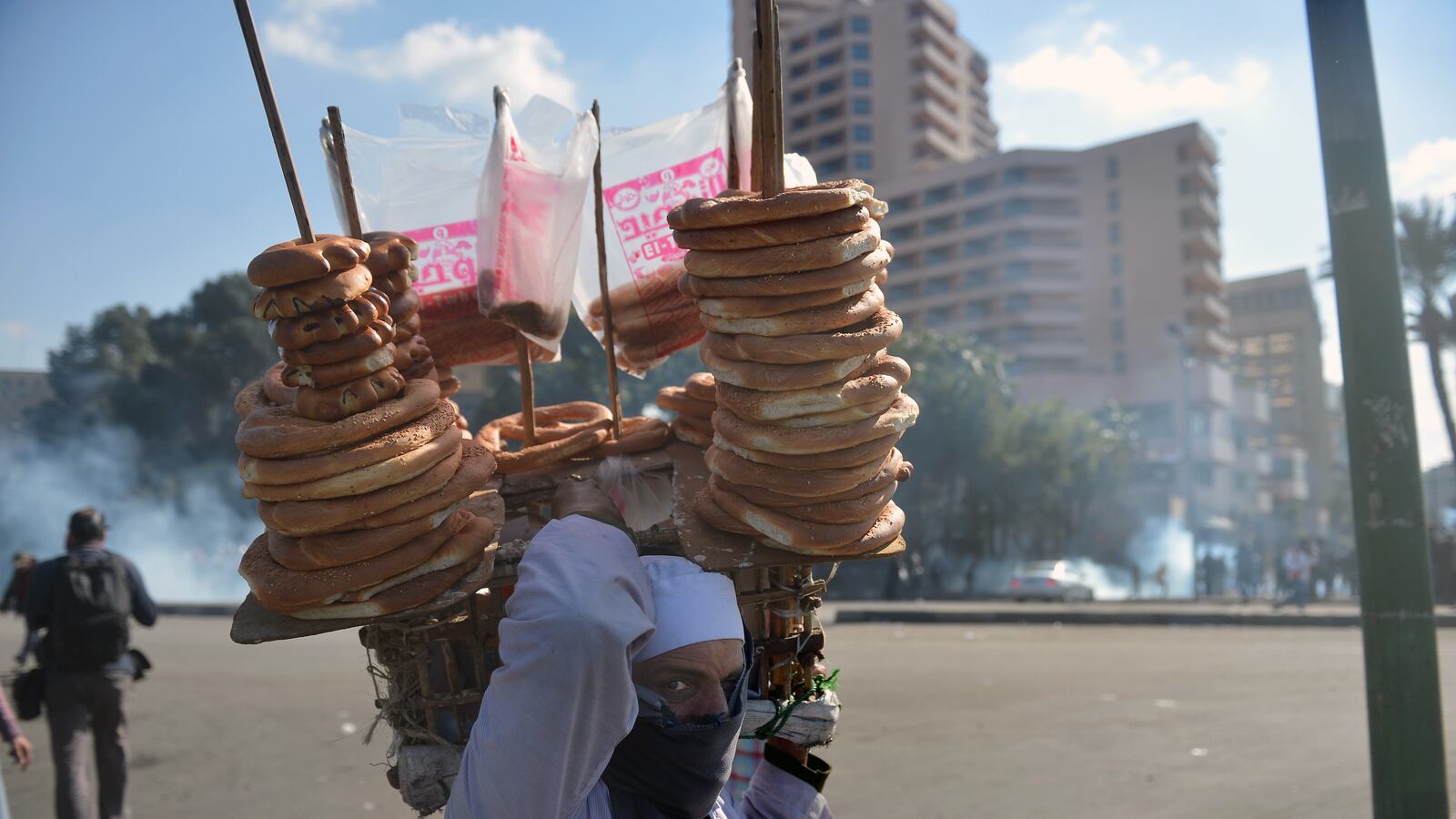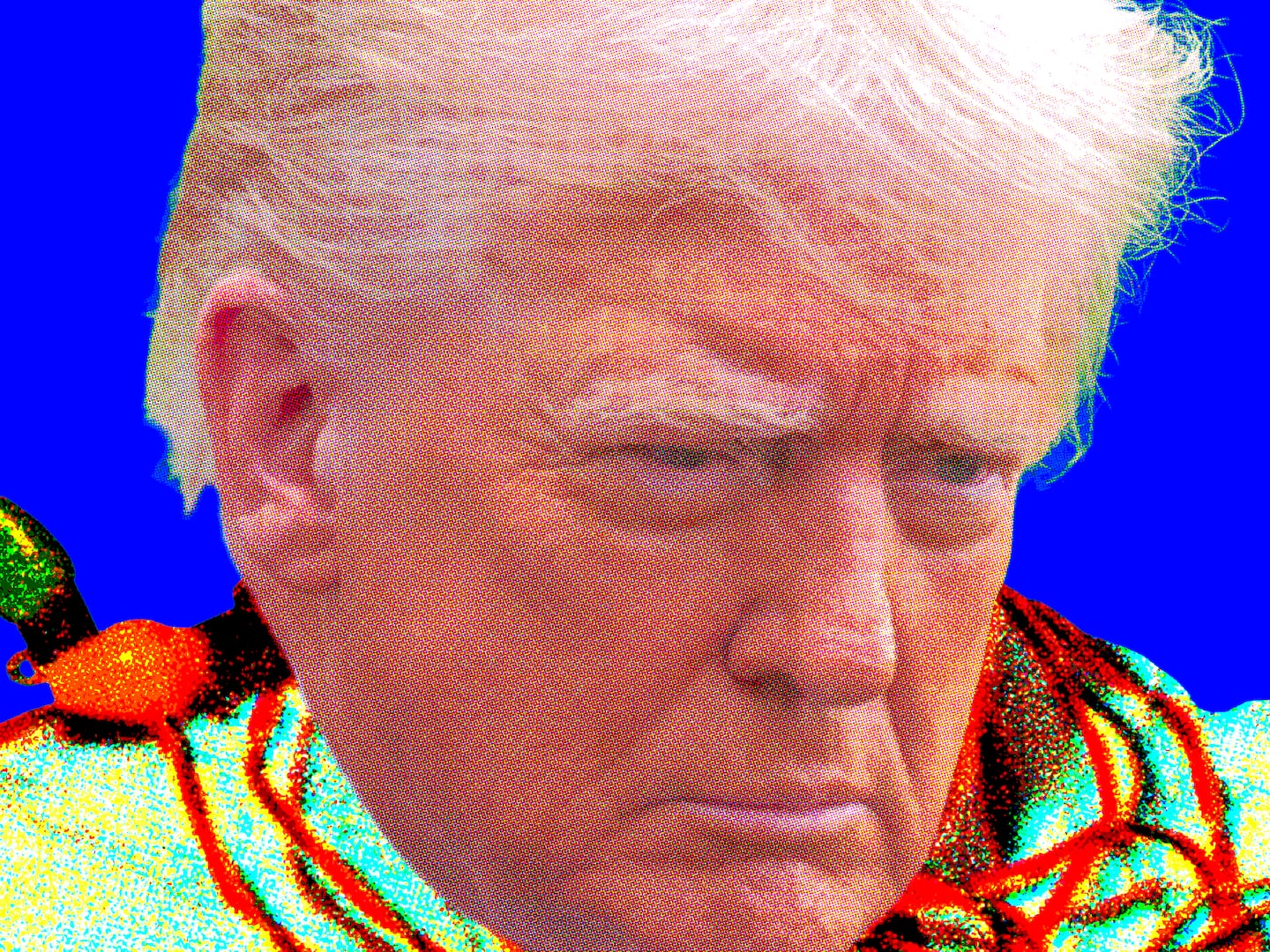Things aren't pretty in Egypt, where President Morsi has re-imposed martial law and is using the military to attempt to pacify unrest.
By turning to the military, Mr. Morsi signaled that he understood he could not rely on the police to pacify the streets, Mr. Bahgat argued.
But it was far from clear that Mr. Morsi was fully in command of the military either. The new Islamist-backed Constitution grants the general broad autonomy within the Egyptian government in an apparent quid pro quo for turning over full power to Mr. Morsi in August. Mr. Morsi’s formal request for the military to restore order was “not so much an instruction as a plea for support,” Mr. Bahgat said.
It remains to be seen whether the military retains the credibility to quell the protests. The soldiers stationed in Port Said did nothing to intervene as clashes raged on in the streets hours after curfew Monday night.
Analysts close to the military say its officers are extremely reluctant to engage in the kind of harsh crackdown that would damage its reputation with Egyptians, preferring to rely on its presence alone.
Near the front lines of the clashes, residents debated whether they would welcome a military takeover. “The military that was sent to Port Said is the Muslim Brotherhood’s military,” said one man, dismissing its independence from Mr. Morsi.
But others said they still had faith in the institution, if not in its top generals. “In the military, the soldiers are our brothers,” said Khaled Samir Abdullah, 25. Pointing to the police, he said, “those ones are merciless.”
I'll openly wonder here what this has to do with the root cause of the original January 25 revolution: hunger. If that's the case, 2013 might get far worse in a hurry.






